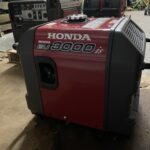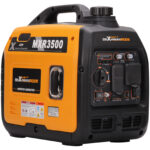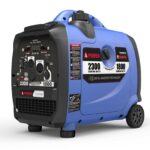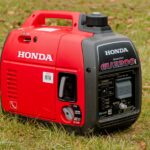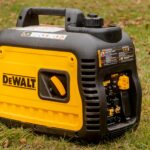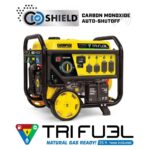Are you looking for the best indoor generator to keep your home powered up and ready? Whether you are dealing with a power outage, want to power your outdoor activities, or just want to be prepared for any emergency, an indoor generator can be a great solution. In this article, we will explore the best indoor generators currently available on the market and discuss the features that make them the best. We will also provide tips on how to select the most suitable generator for your home. So, let’s get started and discover the best indoor generator for your home!
Types of Indoor Generators
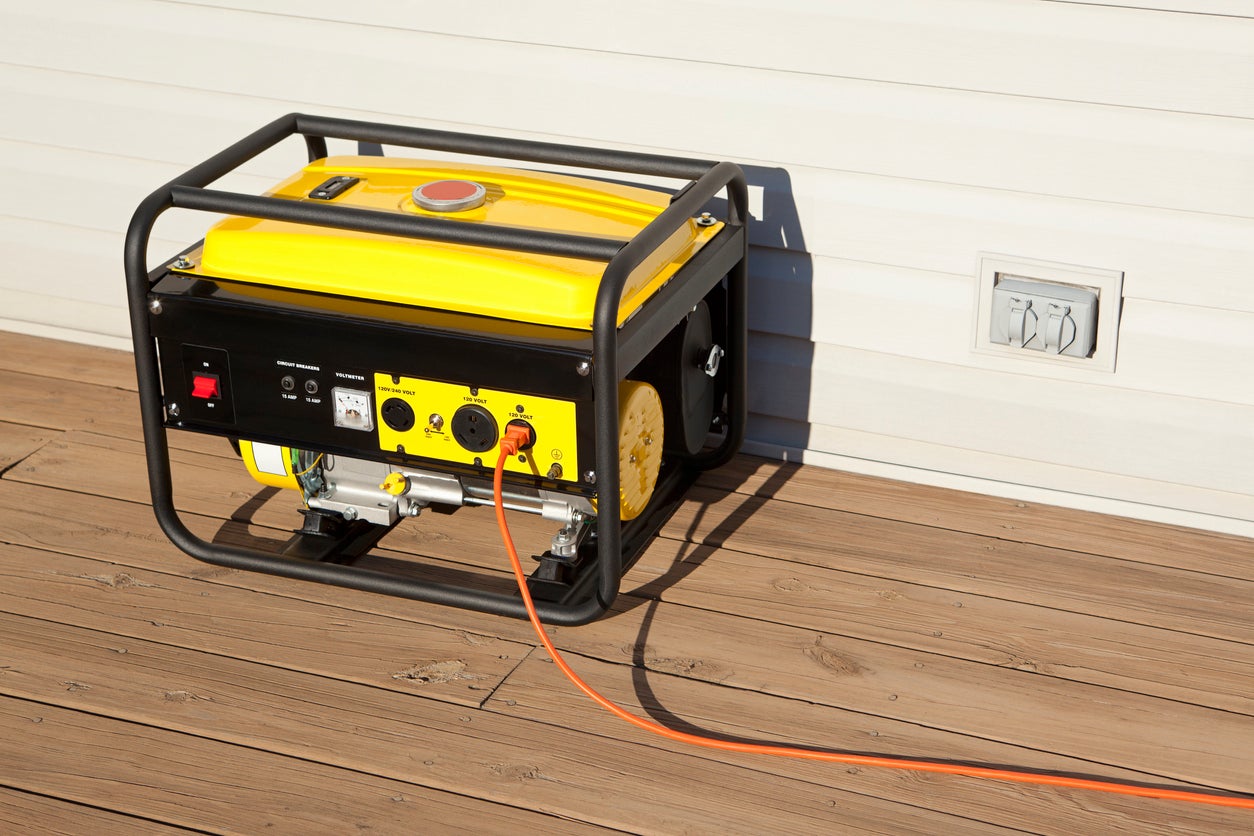
1. Portable Generators
Portable generators are the most common type of indoor generator. They are usually small and lightweight, making them easy to move around. They also usually have a low noise level, making them ideal for indoor use. They are typically powered by gasoline and are often used for emergency power in case of a power outage.
2. Standby Generators
Standby generators are the more expensive type of indoor generator. They are larger and heavier than portable generators, and require professional installation. They are powered by natural gas or propane and are typically used for backup power in case of an outage.
3. Inverter Generators
Inverter generators are the most advanced type of indoor generator. They are powered by gasoline, and are much quieter than portable or standby generators. They are also more efficient, making them ideal for indoor use.
Pros and Cons of Indoor Generators
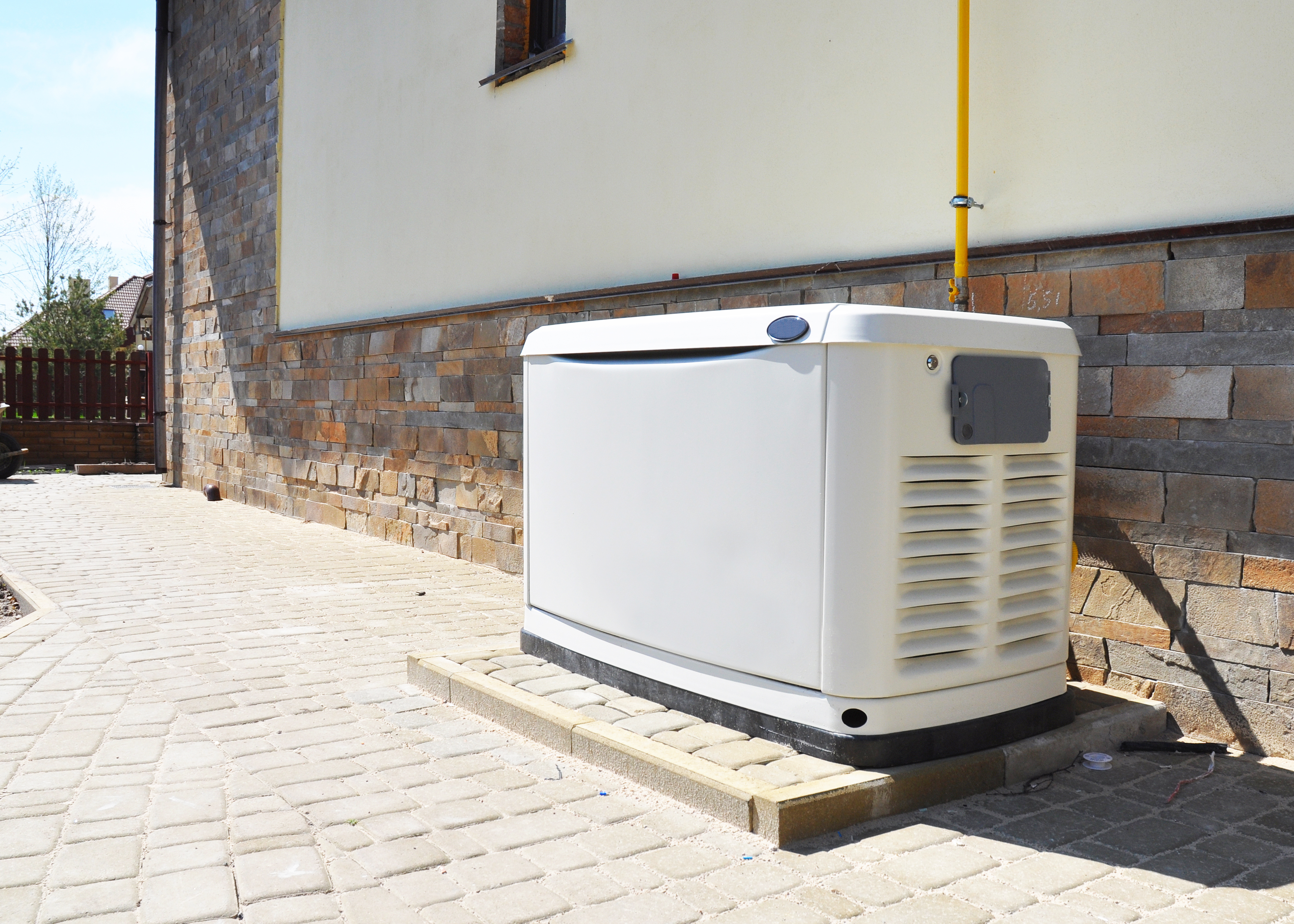
| Pros | Cons |
|---|---|
|
|
How to Choose an Indoor Generator
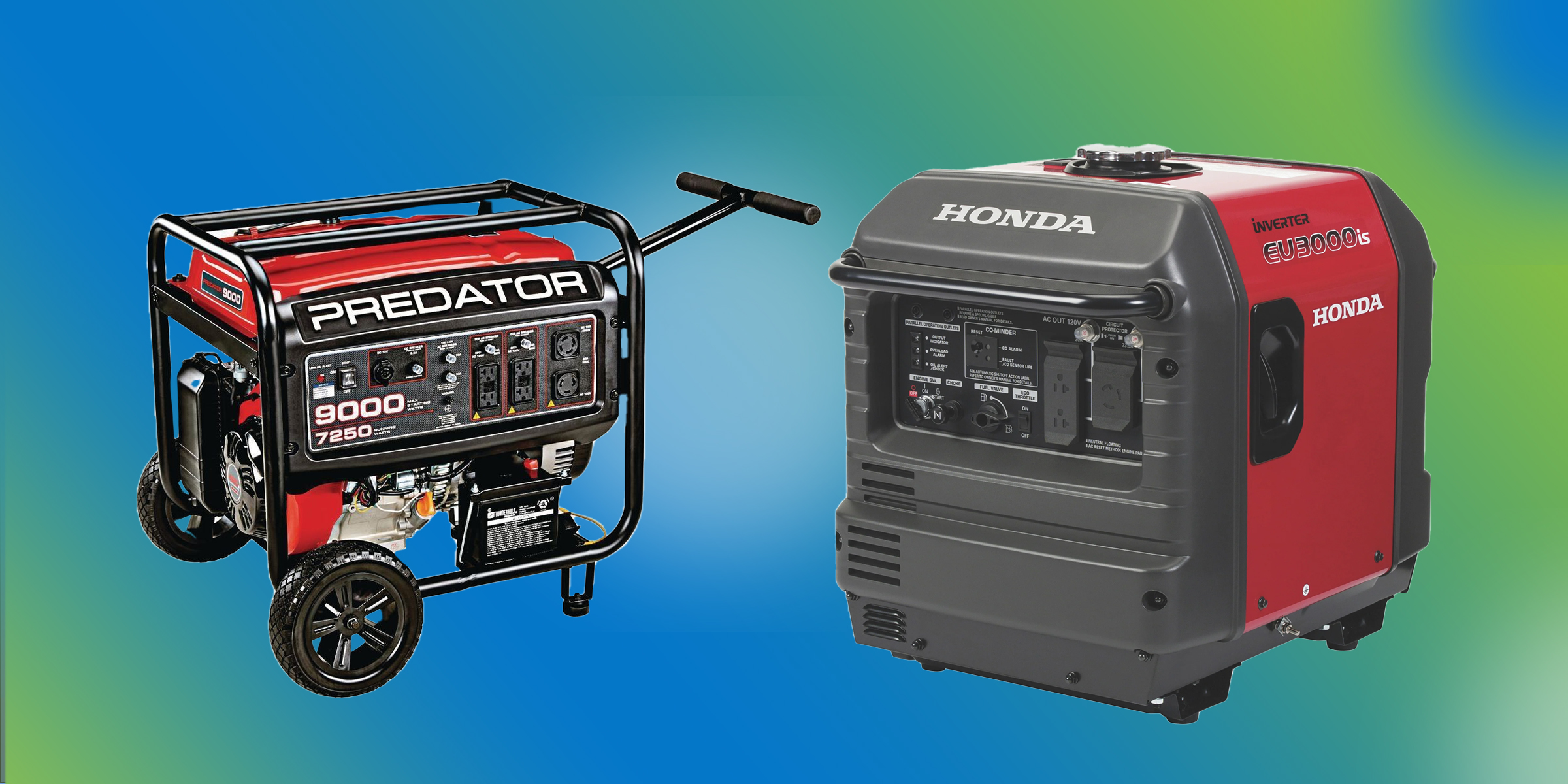
1. Consider the Power Requirements
When selecting an indoor generator, the power requirements of the device should be the first consideration. Choose a generator that meets the power needs of the appliance or device that it will power. This is especially important when using multiple appliances, as the generator must be able to provide enough power to all of them simultaneously.
2. Consider the Cost
The cost of an indoor generator should also be taken into account. Indoor generators can be expensive and some models may be more costly than others. Consider the features and power requirements to determine which generator is the most cost-effective option.
3. Consider the Noise Level
The noise level of an indoor generator is another important factor to consider. Many generators are designed to produce minimal noise, which makes them ideal for indoor use. Consider the noise level of the generator so that it does not disturb neighbors or disrupt the environment.
4. Consider the Fuel Source
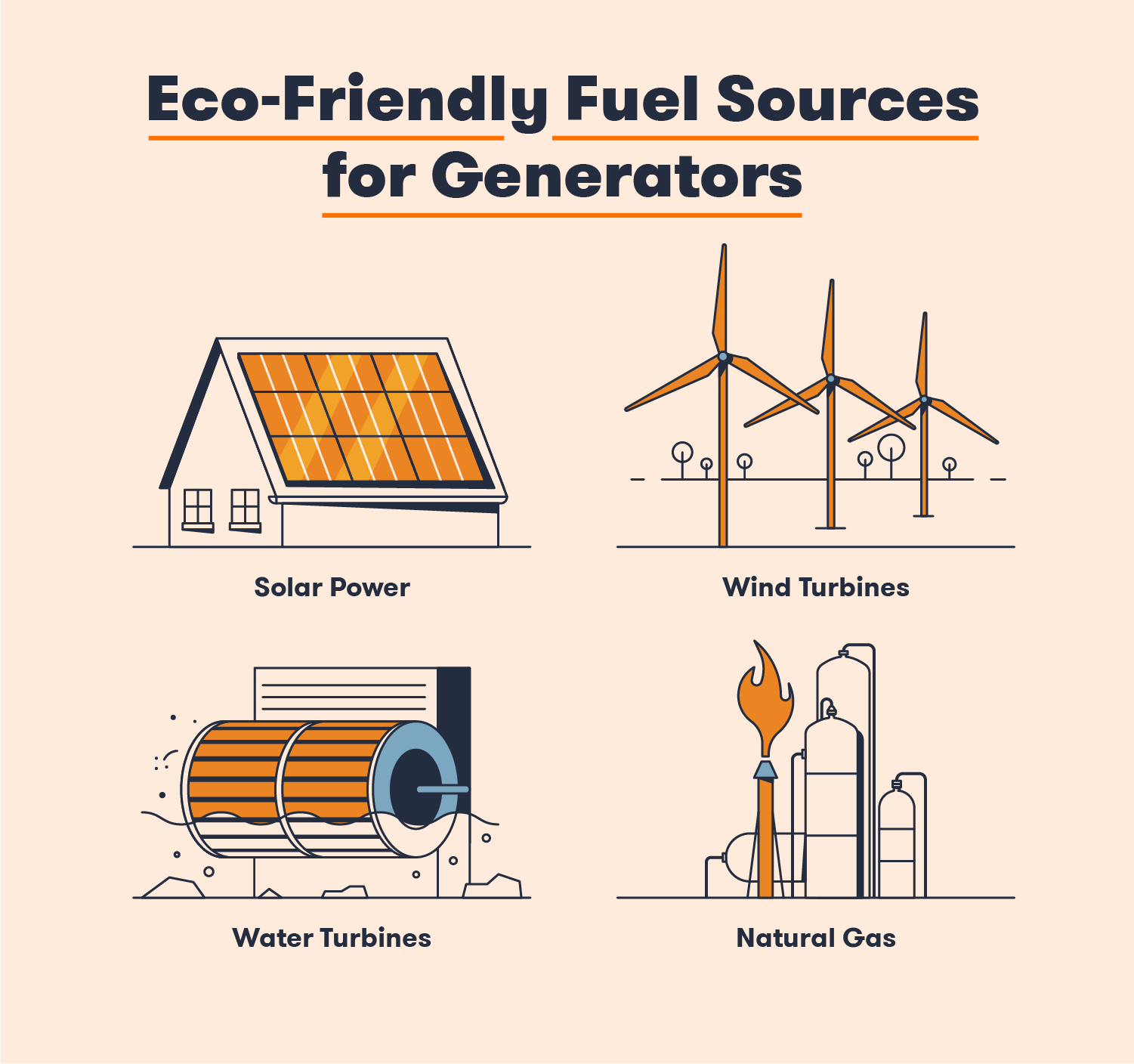
| Fuel Type | Pros | Cons |
|---|---|---|
| Gasoline | Inexpensive, widely available | Highly combustible, short shelf-life after use |
| Natural Gas | Clean burning, low operating cost | Requires permanent installation and a natural gas line, not available everywhere |
| Propane | Clean burning, portable, longer shelf-life | Requires propane tank, not available everywhere |
| Diesel | High power output, low operating cost | Highly combustible, not available everywhere |
When selecting an indoor generator, consider the fuel source carefully. Gasoline is the most widely available and inexpensive, but it has a short shelf-life after use and is highly combustible. Natural gas is clean burning and low cost, but it requires permanent installation, and is not available everywhere. Propane is clean burning and portable, but it requires a propane tank, and is not available everywhere. Diesel is high power and low cost, but it is highly combustible, and not available everywhere.
5. Consider the Durability
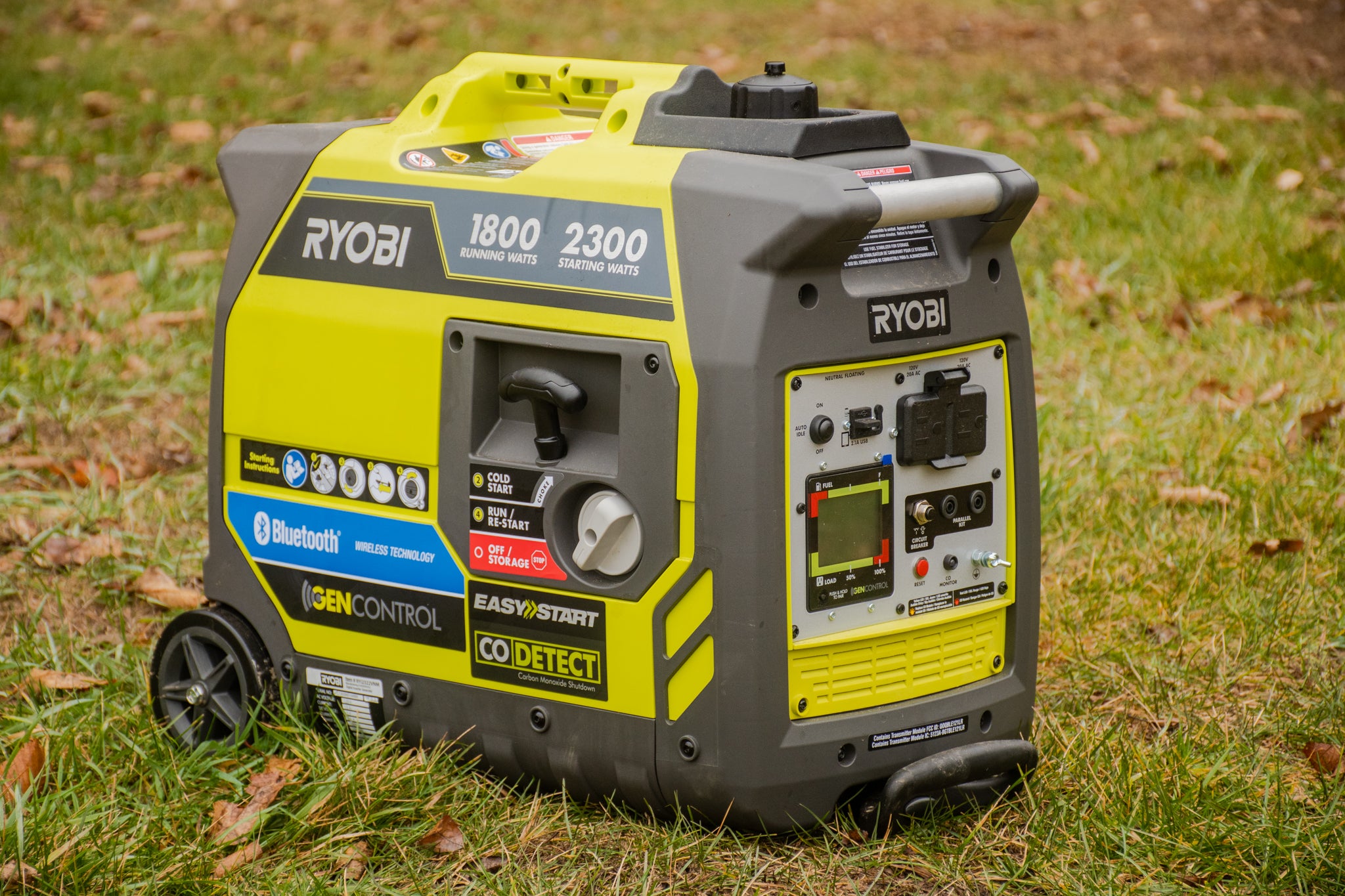
The durability of an indoor generator is an important factor to consider when making a purchase. Quality materials, construction, and design all play a role in how long your generator will last. Check the manufacturer’s warranty to see how long they will stand behind their product. You should also compare the lifespan of different generators to get a better idea of which one will last the longest. Additionally, research the maintenance requirements for the generator to make sure that you can keep it running for years to come.
Benefits of Indoor Generators
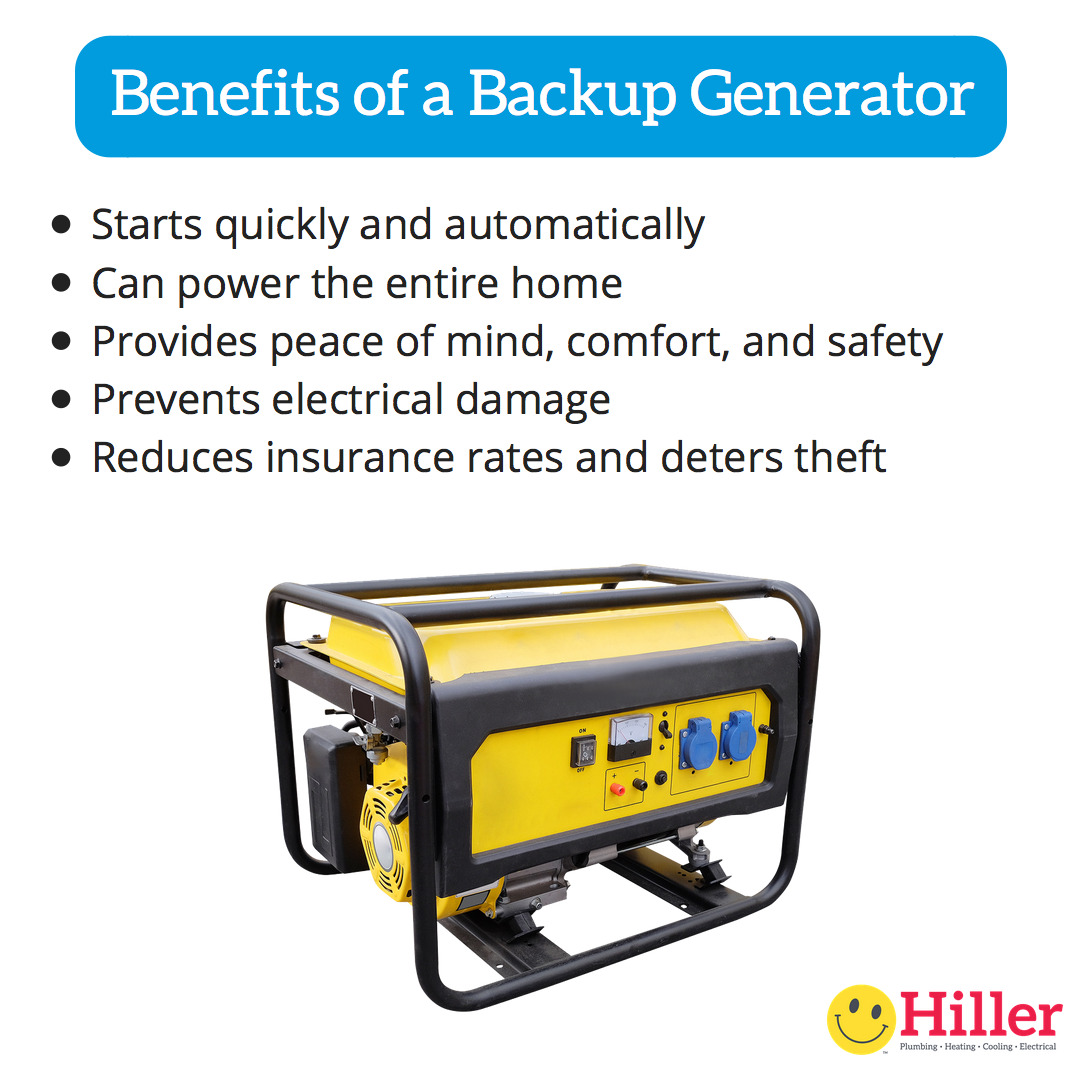
Indoor generators offer a number of benefits, such as affordability, convenience, safety, and quiet operation. They also provide a reliable source of power in the event of a power outage.
Indoor generators are typically more affordable than outdoor generators, as they don’t require additional installation or maintenance costs. They also save space and can be stored in a closet or basement, allowing them to be easily accessed when needed.
Indoor generators are also more convenient than outdoor generators, as they can be operated from inside the home. This means there’s no need to go outside in bad weather or during a power outage.
In addition, indoor generators are much quieter than outdoor generators, as they are typically powered by smaller engines. This makes them a great choice for those who live in residential areas, as they won’t disturb the neighbors.
Finally, indoor generators are a safer option than outdoor generators, as they are not exposed to the elements. This reduces the risk of fire, flooding, and other hazards.
Overall, indoor generators are a great choice for those who want a reliable and affordable source of power during a power outage. They are also convenient and safe, and offer quiet operation.
Common Uses of Indoor Generators
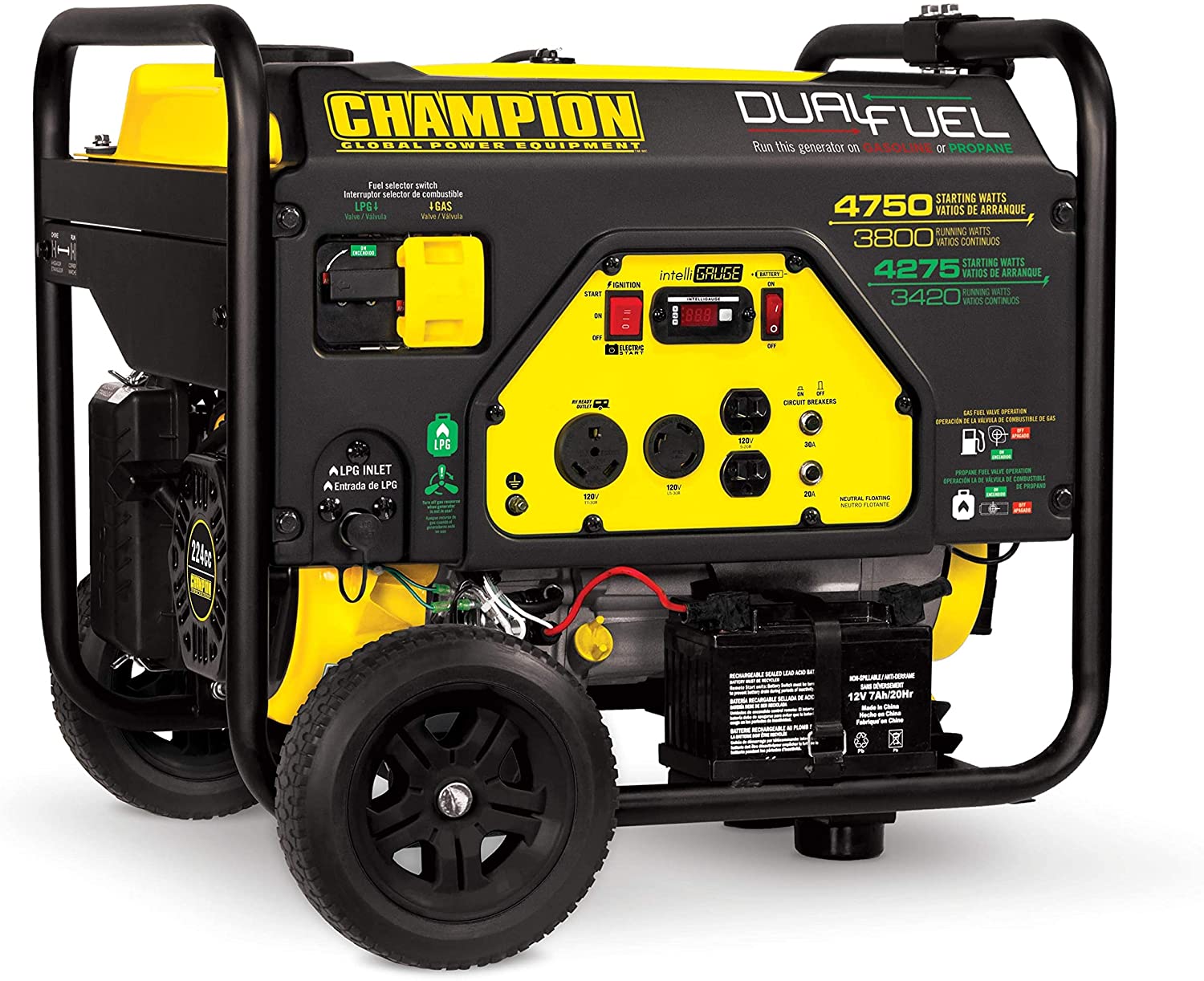
- Backup and emergency power for homes, offices and schools
- Powering medical and laboratory equipment
- Providing temporary power for construction sites and other outdoor events
- Powering computers and other electronic devices
- Providing power for television and radio broadcasts
- Providing power for recreational vehicles
- Providing power for portable lighting systems
- Providing power for industrial machinery
Best Indoor Generators
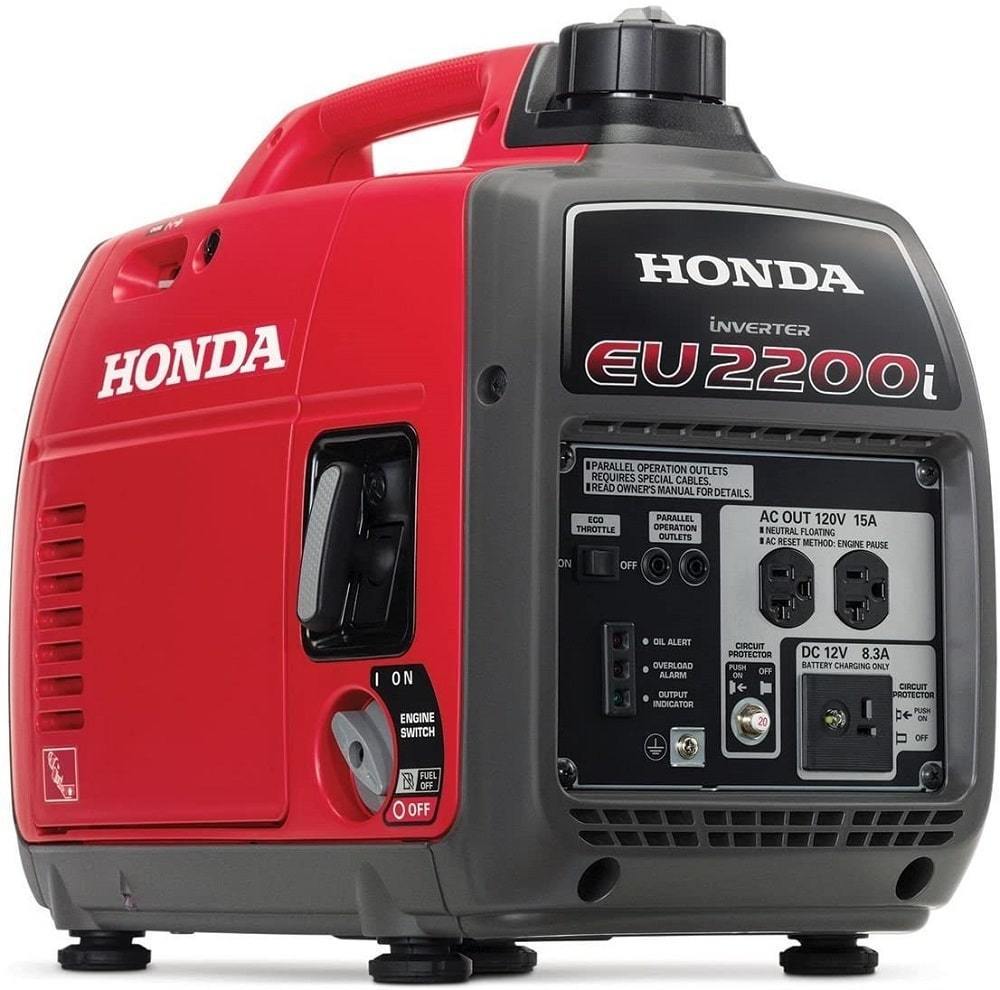
| Generator | Wattage | Noise Level | Price |
|---|---|---|---|
| Generac 7117 GP2200i | 2,200 watts | 52 dBA | $399.00 |
| Champion 100263 | 3,400 watts | 58 dBA | $499.00 |
| Westinghouse iGen4500 | 4,500 watts | 52 dBA | $749.00 |
| DuroMax XP12000EH | 12,000 watts | 72 dBA | $1,749.00 |
Generators are a great way to get reliable power during a blackout or other emergency. But when it comes to indoor generators, there are certain considerations to be taken into account such as noise level, wattage, and price. Here are some of the best indoor generators on the market.
Generac 7117 GP2200i is a great option for those looking for a quiet, yet powerful generator with a wattage of 2,200 watts and a noise level of 52 dBA. The price tag of $399.00 makes it one of the most affordable models on the market.
The Champion 100263 is a powerful 3,400 watt generator with a noise level of 58 dBA. It is a reliable and durable model that comes at an affordable price of $499.00.
The Westinghouse iGen4500 is an excellent option for those who need a powerful generator with a wattage of 4,500 watts and a low noise level of 52 dBA. It comes with a price tag of $749.00.
For those looking for a powerful yet quiet generator, the DuroMax XP12000EH is the perfect choice. It has a wattage of 12,000 watts and a noise level of 72 dBA. The price tag of $1,749.00 makes it one of the more expensive models, but it is well worth the cost.
1. WEN 56200i
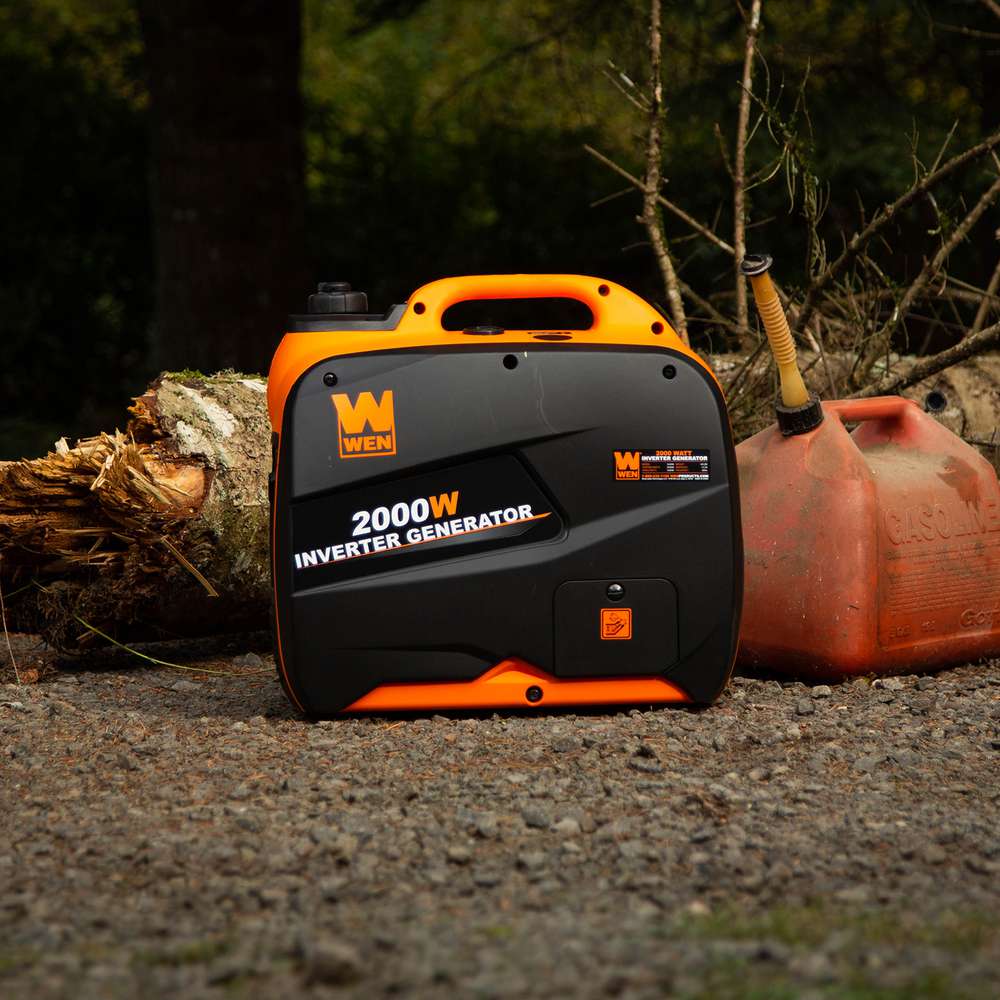
The WEN 56200i is one of the best indoor generators on the market. This generator is designed to be extremely quiet, making it ideal for indoor use. It produces a maximum of 2000 running watts and 3000 peak watts, giving you enough power to run all your essential appliances. It also features a 79.7 cc 4-stroke OHV engine and a 1.45 gallon fuel tank, allowing it to run for up to 8.5 hours at half load. Additionally, the WEN 56200i is CARB-compliant and features a built-in 5V USB port, making it an ideal choice for those looking for a reliable and efficient indoor generator.
2. Westinghouse iGen4500
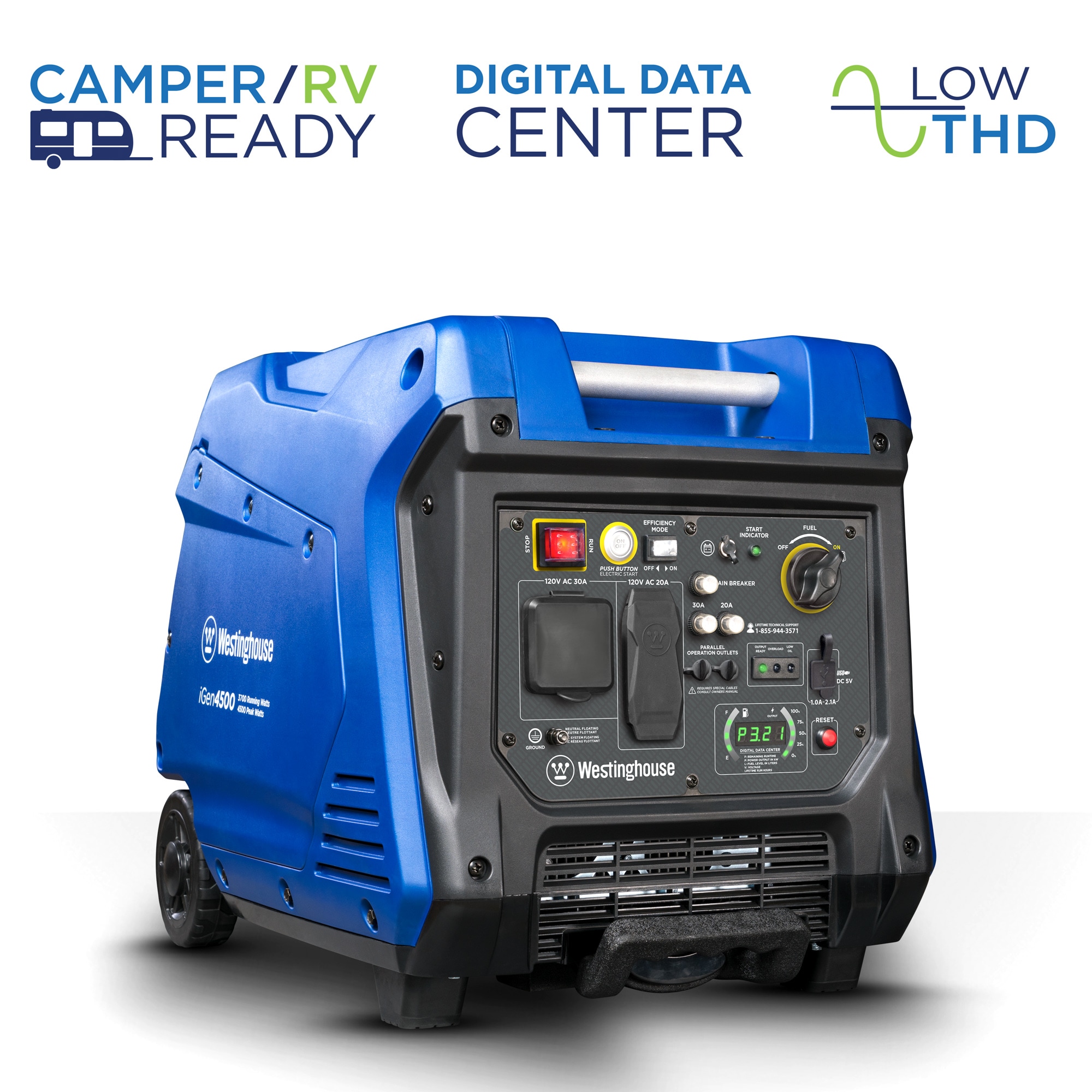
- 3,700 running watts and 4,500 peak watts.
- 3.4 gallon fuel tank with a runtime of up to 18 hours at 25% load.
- Eco-Mode feature for maximum fuel efficiency.
- Electric start with recoil backup.
- Remote start key fob.
- Three 120V standard outlets, and one 120V RV outlet.
- Low oil shut off.
3. Champion 3400-Watt
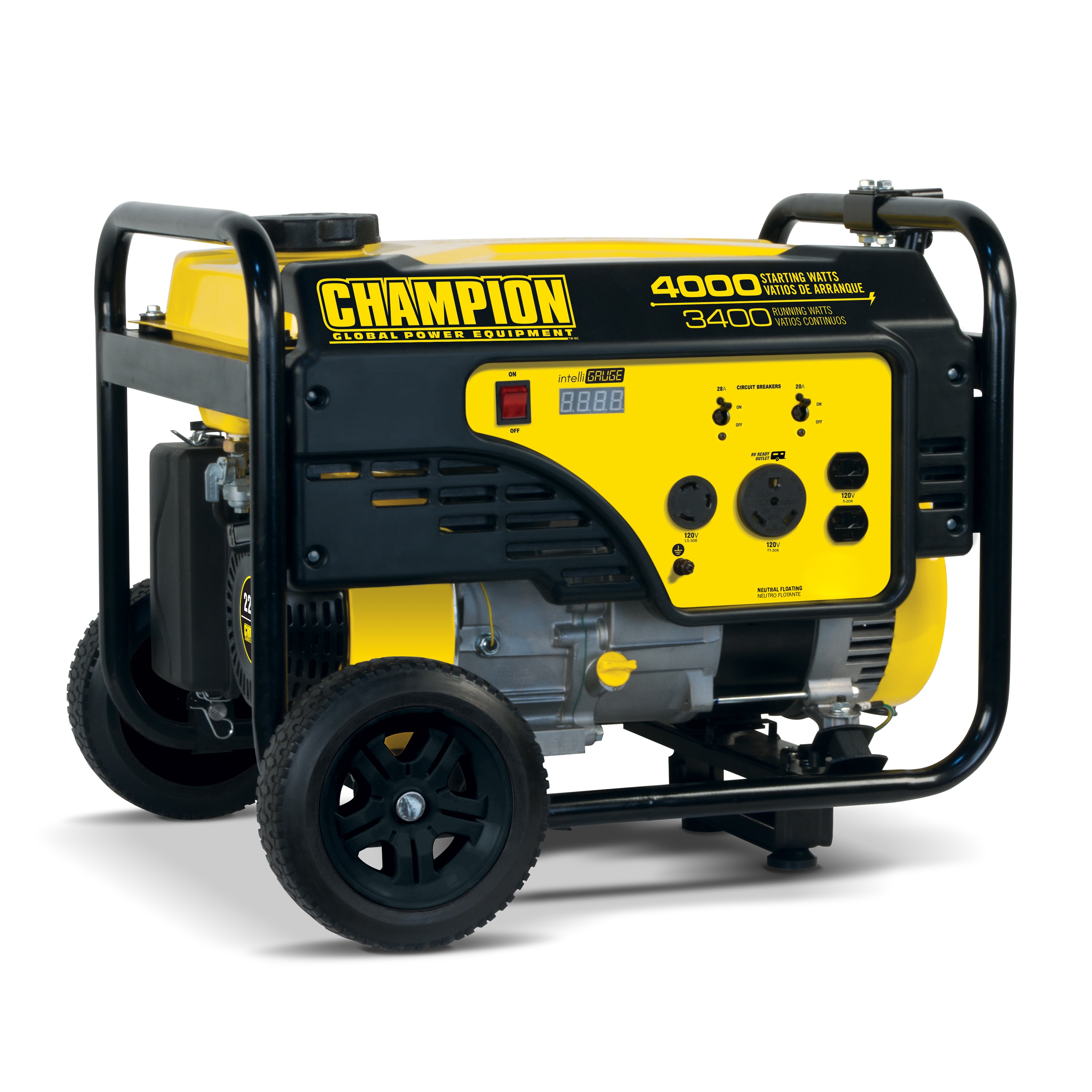
| Features | Specifications |
|---|---|
|
|
Champion’s 3400-Watt generator is a great choice for powering a small appliance, lights and other items. It is easy to use and maintain, plus it features a portable design for easy transportation. It runs quietly and has a run time of up to 10.5 hours at 25% load with a fuel tank capacity of 2.9 gallons. It is started with recoil and has a noise level of 69 dBA. The rated watts are 3400.
4. Generac 7117 GP2200i
- 2,200 watt running, 2,300 watt starting power.
- Compact and lightweight design.
- TruePower technology for clean, stable power.
- Low noise level of only 52dB.
- Parallel ready for additional power.
- Fuel efficient operation.
- EcoMode for quieter, fuel-efficient operation.
- Run-time of up to 10.75 hours at 25% load.
The Generac 7117 GP2200i is an indoor generator that provides 2,200 watts of running power and 2,300 watts of starting power. It has a compact and lightweight design and is ideal for camping trips or other recreational activities. The TruePower technology provides clean and stable power. This generator also has a low noise level of only 52dB and comes with a fuel efficient operation. It also has an EcoMode for quieter and more fuel-efficient operation and a run-time of up to 10.75 hours at 25% load. Additionally, the generator has parallel ready feature for additional power.
Safety Precautions for Indoor Generators
It is important to take certain precautions when using an indoor generator to ensure the safety of everyone in the vicinity. Here are the key safety precautions to take when using an indoor generator:
1. Ensure there is adequate ventilation – Generators need to be used in a well-ventilated area to ensure that dangerous fumes do not build up. Make sure that all windows and doors are open and that any exhaust fans are working.
2. Avoid contact with water – Generators should not be used near water and should not be placed on wet surfaces.
3. Keep away from children and pets – Generators should be kept away from children and pets to prevent any accidents that may occur.
4. Do not overload the generator – Make sure that the generator is not overloaded with too many appliances. This can cause fires or other dangerous situations.
5. Keep away from combustible materials – Generators should not be placed near any combustible materials, such as gasoline, oil, or other flammable liquids.
6. Ensure proper grounding – Generators should be properly grounded to ensure that any accidental electric shocks are avoided.
7. Have a fire extinguisher nearby – It is essential to have a fire extinguisher nearby when using an indoor generator.
By following these safety precautions, you can ensure that your indoor generator is used in the safest possible way.
Frequently Asked Questions
What are the benefits of using a battery powered generator for home use?
Battery powered generators provide a clean and silent power source for home use. They are lightweight and portable, making them easy to move from place to place when needed. Furthermore, they have low maintenance costs, as they do not require frequent refueling or oil changes. Battery powered generators are also considered eco-friendly, as they produce no emissions and run on rechargeable batteries, which can be recycled or reused. Additionally, they are safer than gas-powered generators, since they are unlikely to cause fires or explosions.
What is the best indoor generator to power my home?
The best indoor generator to power a home depends on a variety of factors, such as the size of the home, desired wattage, budget, and noise level. Popular options for home use are standby generators and portable inverter generators. Standby generators are typically larger, more powerful and more expensive than inverter generators, but they offer automatic, reliable power for a home. Portable inverter generators are smaller, quieter, and more affordable but may not be able to power a full home. When selecting a generator for home use, it is important to consider the size of the home, budget, desired wattage and noise level to determine the best option.
What is the best battery powered generator for home use?
Battery powered generators are a great option for home use, as they provide reliable power in a portable, lightweight design. For those looking for a battery powered generator for home use, the best option is the Champion 3400-Watt Dual Fuel Inverter Generator. This generator offers up to 3400 watts of power, with the ability to run on either gasoline or propane. It is lightweight and compact, making it easy to transport and store, and it also has a convenient electric start. It has a rugged design, with a steel frame and rubber-coated handle, and it is backed by a 3-year warranty.
Are there any small generator batteries available?
Yes, there are small generator batteries available for indoor generators. These batteries are usually lithium-ion and are designed to be used for indoor backup power. They are typically smaller than conventional lead-acid batteries, so they can fit in tight spaces and take up less room. They also store energy more efficiently and last longer, making them an ideal choice for indoor generators.
Is there a battery operated generator that I can use indoors?
Yes, there are battery operated generators designed for indoor use. These generators are typically smaller and more lightweight than outdoor generators, making them easy to store and transport. They are also designed to be quieter than traditional outdoor generators, making them suitable for indoor use. The most common type of battery powered generators are powered by sealed lead-acid batteries, lithium-ion batteries, and nickel-cadmium batteries. They can be used to power a variety of indoor devices, including lights, fans, and electronics.
Conclusion
Having an indoor generator in your home can be a great way to ensure a reliable power source in case of outages. Indoor generators are typically smaller, quieter, and more cost-effective than outdoor generators, making them the ideal choice for many homeowners. When shopping for an indoor generator, consider the size and power requirements of your home, the noise level, and the cost. By doing so, you can find the ideal generator to keep your home powered up and ready.

